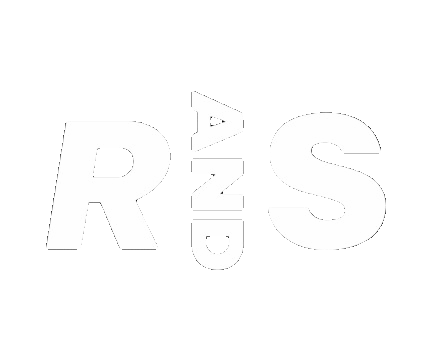3 minute read
The Queensland government should be assessing the impact of its budget measures on economic disparity between genders, the social sector says.
The Queensland government is being urged to assess the impact of its budgets policies on gender inequality and the pay gap.
The Queensland Council of Social Services says the Palaszczuk government has done well to monitor gender disparity since 2015, but further action is needed.
The Palaszczuk government's Women's Economic Statement in its 2021/22 budget details general spending measures that could also improve women's economic security.
QCOSS chief executive Aimee McVeigh says the government should assess the impact of all budget measures, rather than just spending, on the gender disparity.
"The gender pay gap and other gender equality indicators will remain and widen if new, proactive steps are not taken," she said in a statement.
A QCOSS analysis said a gender gap persists in many more areas than just pay, such as the number of hours worked.
Almost half of all working women are part-timers, but only around one in five working men work part-time.
The 2021/22 state budget forecasts unemployment to improve to 5.75 per cent by June quarter of 2022.
Women's unemployment rate of 4.9 per cent was lower than the 5.4 per cent for men in June.
But the QCOSS budgets forecasts overlook disparity in the participation rate, the number of people working or looking for work, and the under-employment rate.
The number of women employed or looking for work is 58.1 per cent, compared to 67.3 per cent of men.
The under-employment rate was 13.8 per cent for women, compared to 10.7 per cent for men.
"Women's weaker participation and under-employment indicators, relative to men's, helps to explain why women appear to fare better in terms of the employment and unemployment indicators," the QCOSS report said.
Women were more likely to work in sectors put under pressure by the COVID-19 pandemic, the QCOSS report said, such as nursing, teaching, retail and travel and tourism.
"Women have absorbed the economic impacts of the COVID-19 pandemic - either by reducing their work hours, stepping out of the workforce entirely, or working in industries put under enormous pressure by the crisis," Ms McVeigh said.
QCOSS called on the Queensland government to routinely weigh up the impact of all its budget policies on all gender gaps.
It said assessing spending and the unemployment rate alone didn't give a clear picture of how the budget was impacting equality.
Gender disparity assessments of budgetary measures could be like Environmental Impact Statements, QCOSS said.
The report said a Gender Responsive Budget unit could even be formed within Treasury, like one announced in Victoria earlier this year, to make the assessments.







